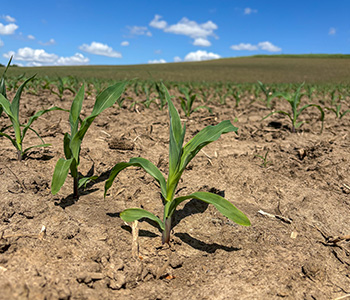Hybrid Selection Matters to Your Nitrogen Plan
Jun 02, 2025

Kelly Els
Sales & Marketing Manager, CCA
Sales & Marketing Manager, CCA
Is Hybrid Selection a Factor in Your Nitrogen Plan?
You might think that this is a strange question since hybrid selection is usually not top of mind when it comes to your nitrogen plan for a given year or field level. If you were to make a checklist of the factors that you consider when making your nitrogen plan it may look like this:- Previous Crop
- Yield Goal
- Past Performance
- Nitrogen Cost
- Weather (More than normal rainfall)
Understanding RTN Scores
RTN scores quantify a hybrid's yield response to varying nitrogen levels. High RTN hybrids exhibit significant yield increases with additional nitrogen, while low RTN hybrids show minimal response, indicating their suitability for low-fertility environments or reduced nitrogen applications. This distinction allows for more precise input allocation, enhancing return on investment (ROI) and environmental sustainability.Practical Applications of RTN Scores
- Optimizing Fertilizer Use: Farmers can adjust nitrogen applications based on RTN scores, applying more to high-RTN hybrids and less to low-RTN hybrids, thereby reducing input costs without sacrificing yield potential.
- Variable-Rate Technology Integration: Utilizing RTN data helps in creating variable-rate prescriptions that match nitrogen applications to specific field zones, improving nutrient efficiency.
- In-Season Adjustments: Monitoring soil nitrogen levels through late spring nitrate tests, enables timely adjustments to nitrogen applications, ensuring crops receive adequate nutrients during critical growth stages.